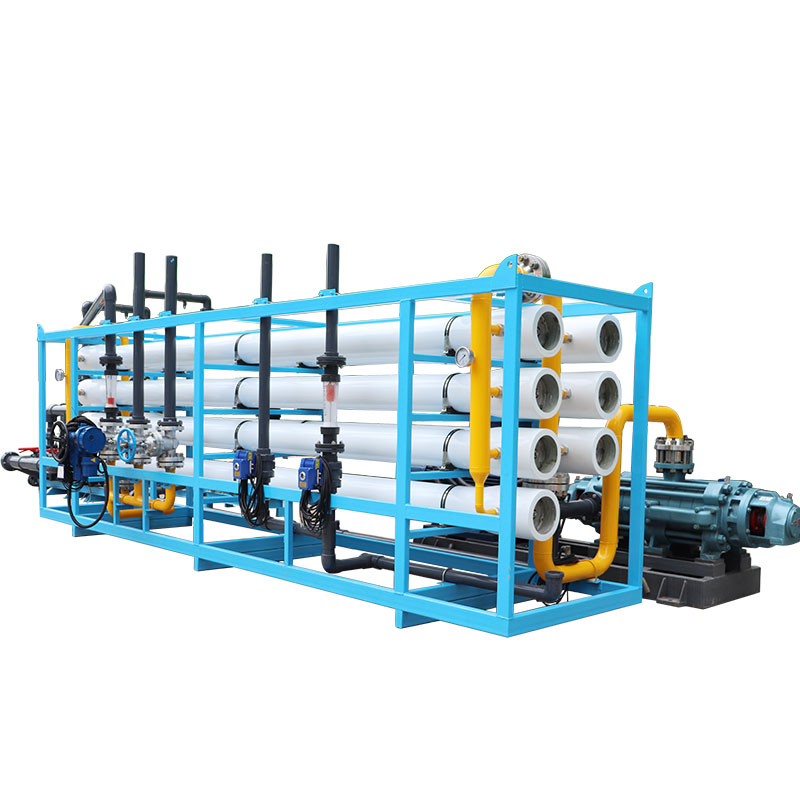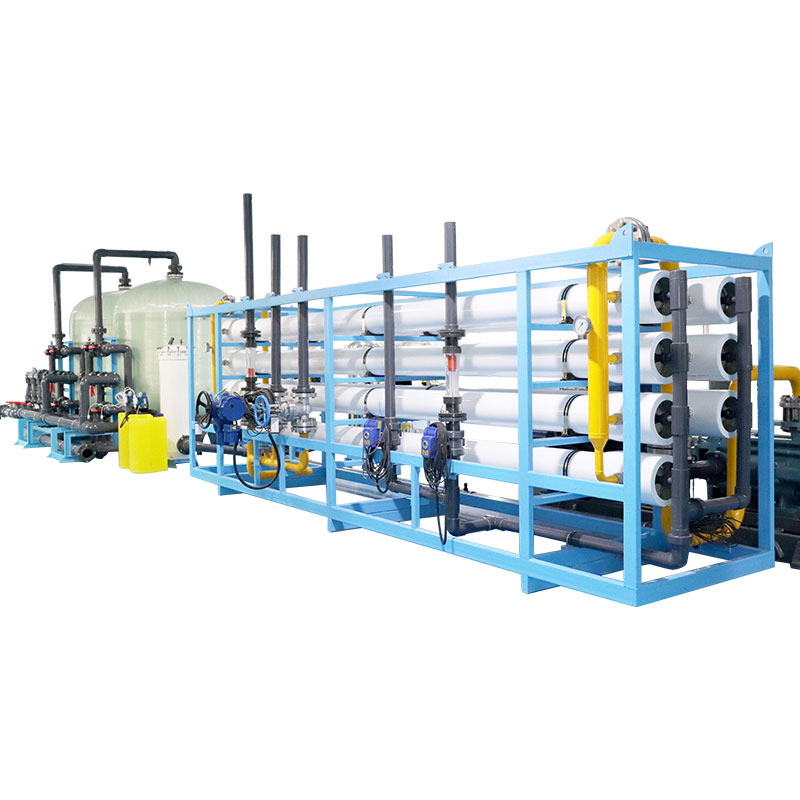Is the water from the desalination plant drinkable?
Whether the water from desalination plants can be drank directly has always been a topic of concern. This article will explore this issue and provide an in-depth understanding of the process and water quality safety of desalination plants.
1. Desalination technology
There are two main methods of seawater desalination: distillation and reverse osmosis. Distillation is the process of heating seawater and condensing the steam into fresh water, while reverse osmosis is the process of separating water molecules from salt molecules through filtration through a semipermeable membrane.
2. Water quality safety standards
The water produced by desalination plants typically meets international drinking water quality standards, such as those of the World Health Organization (WHO) and the U.S. Environmental Protection Agency (EPA). These standards ensure that water quality is safe for human consumption.
3. Water treatment process
In seawater desalination plants, seawater undergoes multiple treatment processes, including pretreatment, filtration, membrane separation, disinfection and other steps to ensure that water quality meets standards. These processes effectively remove salt, pollutants and microorganisms from seawater.
4. Water quality testing and monitoring
Desalination plants regularly test and monitor the water produced to ensure that the water quality meets standards. These tests include the detection of salt, microorganisms, heavy metals and other indicators in the water, as well as the monitoring of water treatment facilities and equipment.
5. Drinking water supply
Many areas already use water produced by desalination plants for their drinking water supply. These areas include coastal cities, island areas and areas with water shortages, where desalination plants provide a reliable source of supplementary water.

What are the health effects of desalination plant water?
The impact of desalination plant water on human health is a matter of concern. The following is the analysis and answer to this question:
1. Salt intake
The water produced by desalination plants may contain small amounts of salt, and despite treatment, too much salt intake may have health effects in some cases, especially for those who need to limit their salt intake.
2. Microbial contamination
Although desalination plants disinfect water, there may still be a risk of microbial contamination during water transportation and storage. Therefore, for certain susceptible groups, such as those with weakened immune systems, additional attention may be needed to ensure water quality safety.
3. Metals and chemicals
Seawater may contain certain amounts of heavy metals and chemicals, and although desalination plants do their best to remove these substances, residues may remain. Long-term consumption of water containing metals and chemicals may pose potential health risks.
4. Nutrients
Water produced by desalination plants may contain fewer minerals and trace elements than surface water. For some people, additional supplements of these nutrients may be needed to maintain good health.

What are the measures to ensure water quality safety in desalination plants?
1. Water quality monitoring and reporting
Desalination plants need to establish a complete water quality monitoring and reporting mechanism, conduct regular sampling and analysis of treated water samples, and issue water quality monitoring reports in a timely manner. Through open and transparent water quality data, we can convey water quality safety information to the public and enhance public trust.
2. Comprehensive disinfection treatment
After water quality treatment in seawater desalination plants, comprehensive disinfection treatment is required to ensure that the water quality reaches safe drinking water standards. Commonly used disinfection methods include ultraviolet disinfection, ozone oxidation, etc., which can effectively kill bacteria and viruses in water and ensure water quality safety.
3. Public education and publicity
Desalination plants need to strengthen water quality safety education and publicity to the public, and enhance the public's awareness of water quality and self-protection. Improve public awareness and understanding of water quality safety in desalination plants by holding water quality safety knowledge lectures and publishing promotional materials.
The water quality safety issue of desalination plants is an important issue related to public health and life. Through strict technical processes and management measures, desalination plants can ensure that the treated water quality reaches safe drinking water standards and provide the public with safe and reliable drinking water resources.






